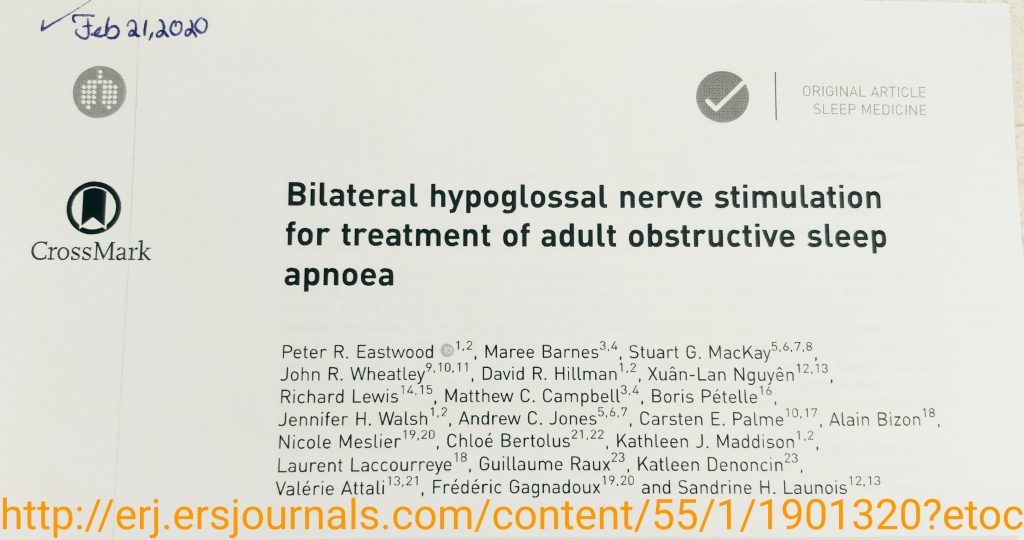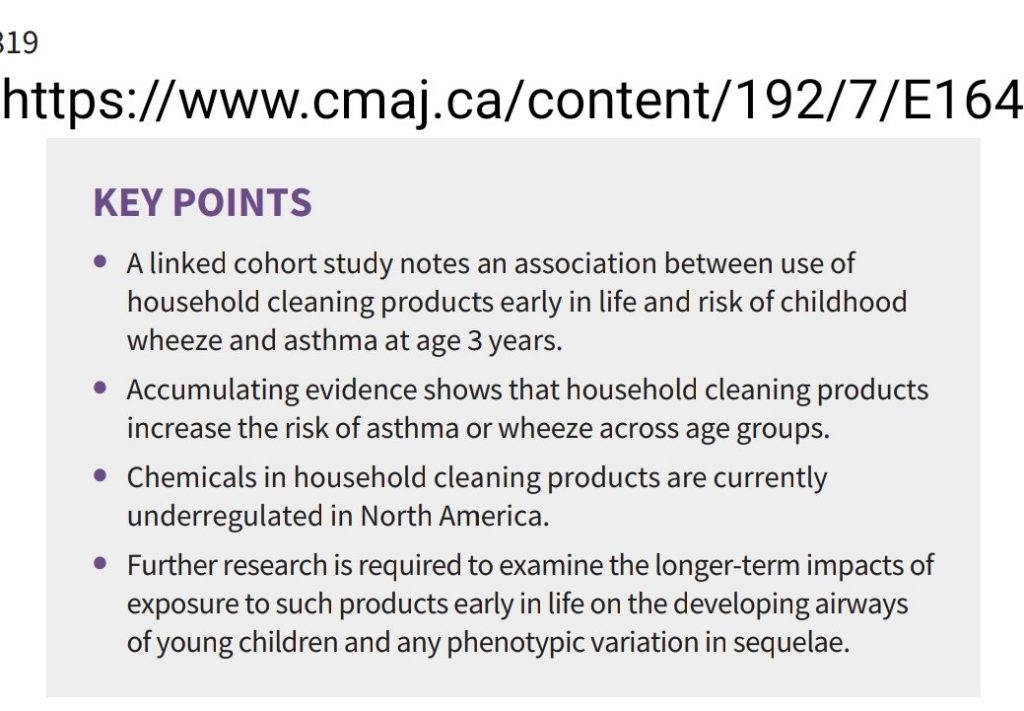
Every month I try to read an open-access article. After reading the article, I share the tittle and associated link with my followers. This is to encourage clinicians to read articles, stay up to date, and continue to grow.
I found an article on Feb 27th, 2020. I spent a few days with it, and now I share it with you.
A spatially restricted fibrotic niche in pulmonary fibrosis is sustained
by M-CSF/M-CSFR signalling in monocyte-derived alveolar macrophages by Nikita Joshi et al.
Eur Respir J 2020 55:1900646; published ahead of print 2019, doi: 10.1183/13993003.00646-2019 https://erj.ersjournals.com/content/erj/55/1/1900646.full.pdf
This article is well written and easy to follow. I must admit that it is too specialized and technical for my comfort level, but I still enjoyed it.
What this study demonstrates? Many elements were discussed but here is a very simple summary to get you interested:
“Our findings suggest that inhibition of M-CSFR (macrophage colony-stimulating factor receptor) signalling during fibrosis disrupts an essential fibrotic niche that includes monocyte-derived alveolar macrophages and fibroblasts during asbestos-induced fibrosis.” p1
Happy reading!
Farzad Refahi



